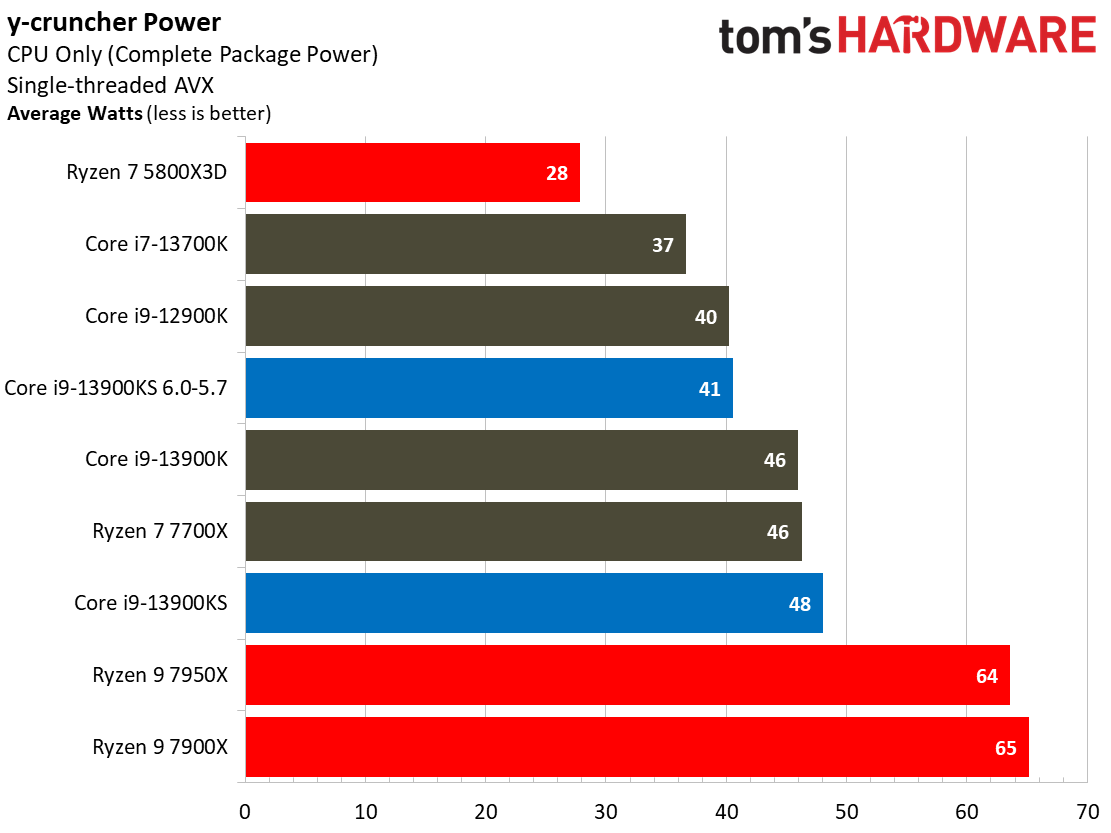Roland Of Gilead
Titan
He explained it pretty well, bad things come in threes.
Bad 7xxx CPU sales, issues and returns of the 7xxx GPUs, and now we have to wait and see how the 7xxx 3dx will do.
You cynic, you!
PS, I think Intel are suffering from bad sales too!? I think it's been well reported in the last few days.
Edit: Would agree though the 7xxx X3D will be interesting to see how it stacks up. My guess prob a little faster than the KS, and perhaps more compatible with a wider range of games. As we know these will primarily be more gamer centric, but with higher core counts than last gen. Looking forward to see if AMD can get back at Intel this time for sure.
IMO as game engines progress, and demands creep higher and higher, the X3D could be the way to go with the extra L3 being more important for gaming, than not.
Last edited:







